The Ripple Effect
-News and Commentary-
When Corporations Play God: The Rise of Mega-Mergers and Why It Matters
- Home
- News and Commentary
- When Corporations Play God: The Rise of Mega-Mergers and Why It Matters
Share On Social
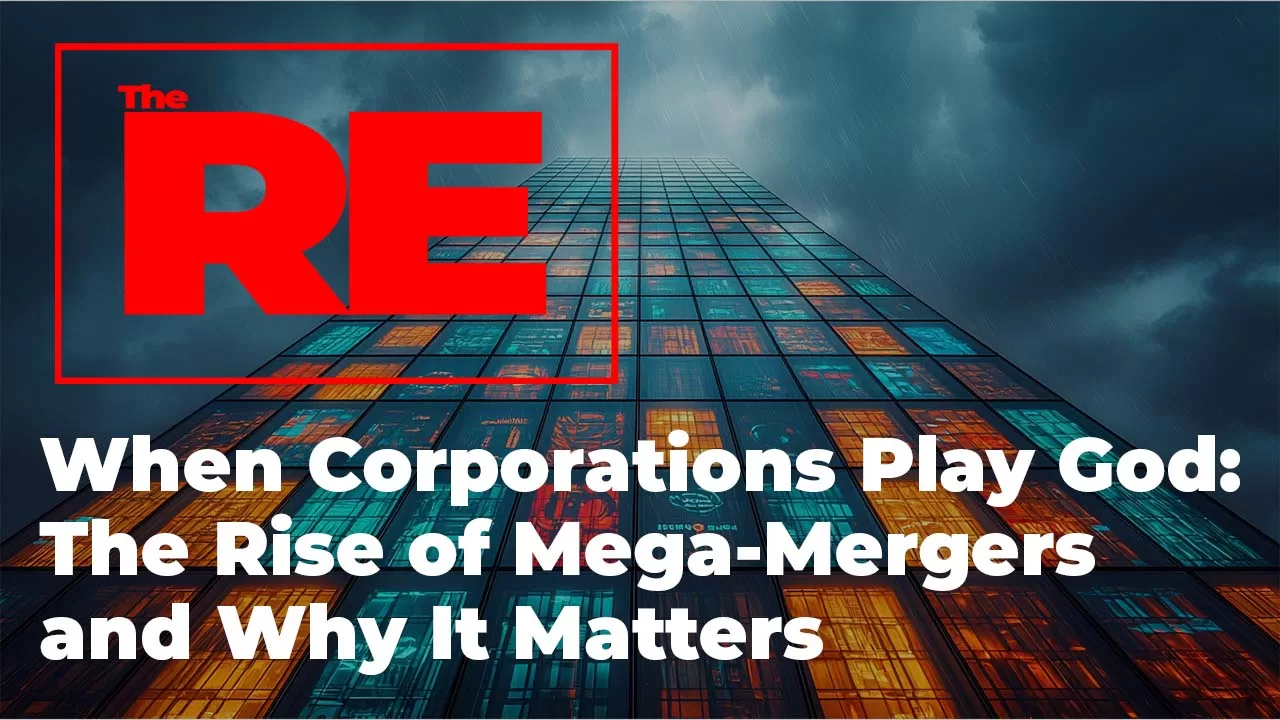
They tell us competition is good for the market. That innovation comes from choices. That freedom looks like a shelf full of brands and a feed full of voices. But behind the logos, behind the apps, behind the headlines, something else is happening. Quietly. Strategically. Permanently.
Corporations are not just growing; they are absorbing. They are consolidating. They are fusing together into entities so massive, so embedded, that we barely recognize where one ends and the next begins. And when a company controls what you eat, what you watch, what you believe, and how you work, that is not business it is theology. That is power dressed up in quarterly earnings. That is control no longer regulated by votes or public discourse, but by shareholders and CEOs with no face and no accountability.
This is not about one company buying another. This is about entire sectors collapsing into a handful of owners. This is about telecom giants owning the channels that shape public opinion. About grocery chains merging with tech platforms that track your every purchase. About pharmaceutical companies swallowing competitors while raising prices on the very drugs people need to stay alive.
The average consumer might still feel like they have choices. Dozens of cereal boxes. Endless streaming options. Multiple airlines. But pull the curtain back and it becomes clear: the illusion of choice is part of the strategy. The food on the shelves? Often owned by the same conglomerate. The shows you binge? Packaged and delivered by companies owned by the same three media families. The flights you book? Funneled through systems run by the same handful of carriers who’ve already agreed not to undercut one another.
We are no longer just buying products. We are participating in systems. And those systems are becoming tighter, more opaque, and more vertically integrated than at any point in modern history.
Take Amazon. It started with books. Then it became a storefront. Then a cloud server. Then a delivery network. Now it is health care, grocery, home security, entertainment, and voice control. It is the mall, the warehouse, the delivery truck, and the data pipeline all in one. It does not just sell the product—it controls the ecosystem that determines what products exist and which ones disappear.
This is not innovation. This is domination. And when companies get this big, regulation becomes almost laughable. They do not fear lawsuits. They do not fear Congress. They write the policy before we even know what bill is being debated. And while antitrust hearings become televised theatre, the real deals happen in boardrooms no one ever sees.
What makes this moment different is not just the size of these corporations—it is their reach. They do not just sell us things. They shape the context we live in. They influence what stories trend and what ideas get suppressed. They fund think tanks. They sponsor legislation. They run algorithms that decide what we see and when we see it.
And with each merger, with each acquisition, the gap between public power and corporate power gets wider. Governments are supposed to represent people. Corporations represent profit. And yet in the modern world, one seems to be running circles around the other. While lawmakers argue over budgets and elections, companies make moves in silence—acquiring the infrastructure of everyday life while no one is watching.
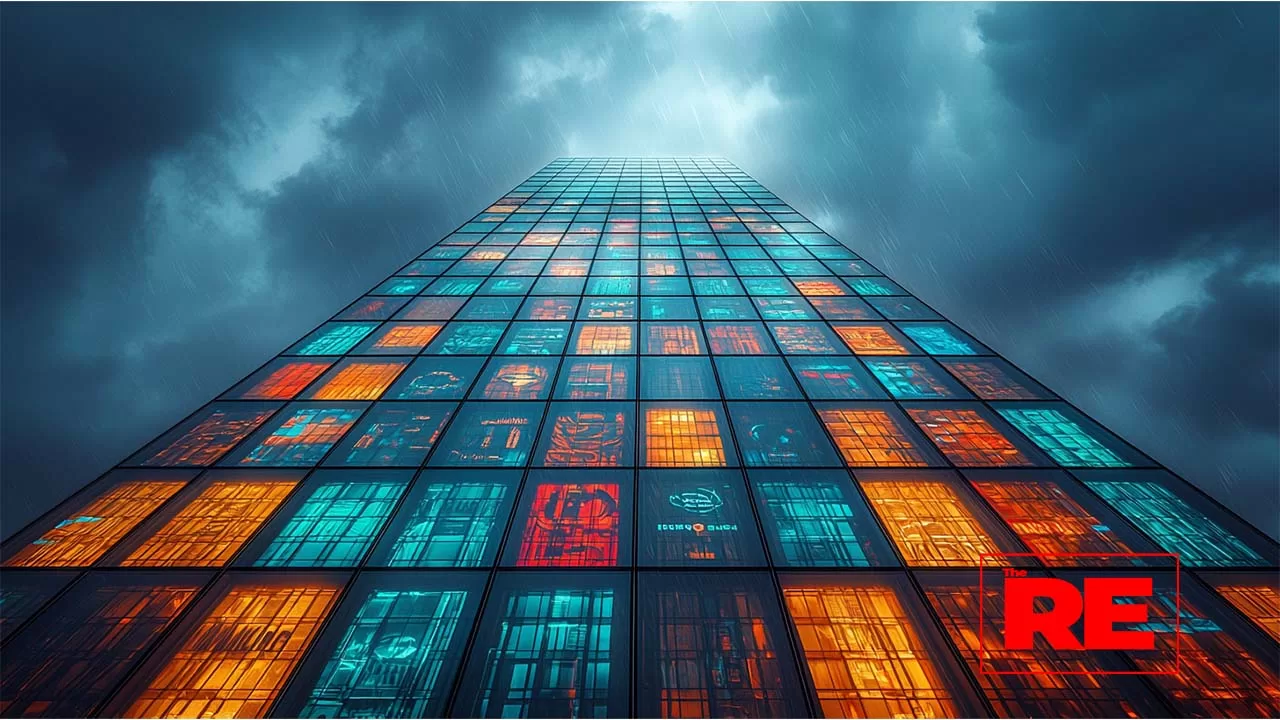
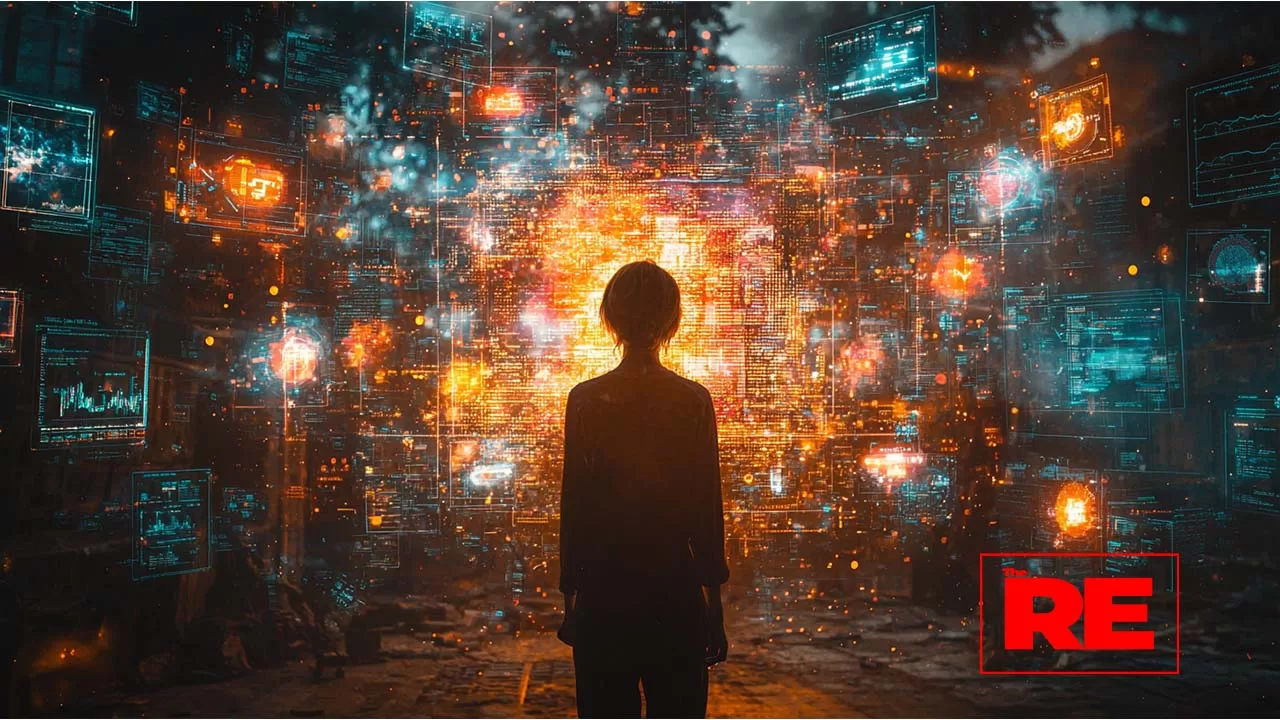

When one corporation owns the data, the hardware, the software, the server, the ad network, and the delivery pipeline, it no longer plays by the rules of the market. It becomes the market. And when that happens, you cannot simply walk away. You do not get to opt out. Because your job, your doctor, your grocery store, your media, your child’s education platform they are all sitting inside the same few corporate networks whether you realize it or not.
There is a theological arrogance to it. A belief that scale equals wisdom. That algorithms can replace judgment. That if it is profitable, it must be right. That if no one stops you, you must be the chosen one. And we consumers, users, citizens are treated less like people and more like data points in a system designed to extract as much as possible for as long as possible.
We do not talk enough about how this changes culture. When art must be algorithm-friendly to survive. When books are filtered by search engine logic. When restaurants have to pay to show up in maps or risk being erased. When healthcare pricing is decided by predictive models optimized for returns, not recovery. This is not just business it is belief. It is faith in a model that prioritizes efficiency over ethics and scale over soul.
And it affects politics too. The same companies that shape your shopping habits now shape public discourse. They decide which candidates get platformed and which get throttled. They host campaign ads, harvest voter data, and influence turnout through micro-targeted content. The lines between commerce, surveillance, and governance have not just blurred they have merged.
People wonder why everything feels harder. Why rent is up. Why groceries are up. Why choices feel narrower even though options appear endless. It is because control has concentrated. And when control concentrates, the margins disappear. Independent bookstores, independent farms, independent creators—they vanish. Not because they failed, but because they were never given a fair lane to survive.
It is tempting to shrug and say this is just capitalism. But capitalism without competition is not a market—it is a monopoly. And monopoly with political influence becomes something else entirely. It becomes a soft form of authoritarianism—one that does not need a dictator because it already has compliance built into the system.
So what do we do? We start by seeing it clearly. By understanding that behind every convenience is a cost. That the comfort of one-click living is often built on the erosion of local economies, worker rights, and independent voice. That innovation without accountability is just colonization with better branding.
We talk. We teach. We push for laws with teeth. We support the businesses that fight to stay independent. We stop pretending this is normal. Because when corporations play god, the first thing they erase is memory. The second is resistance. And the third is everything else that made us human.
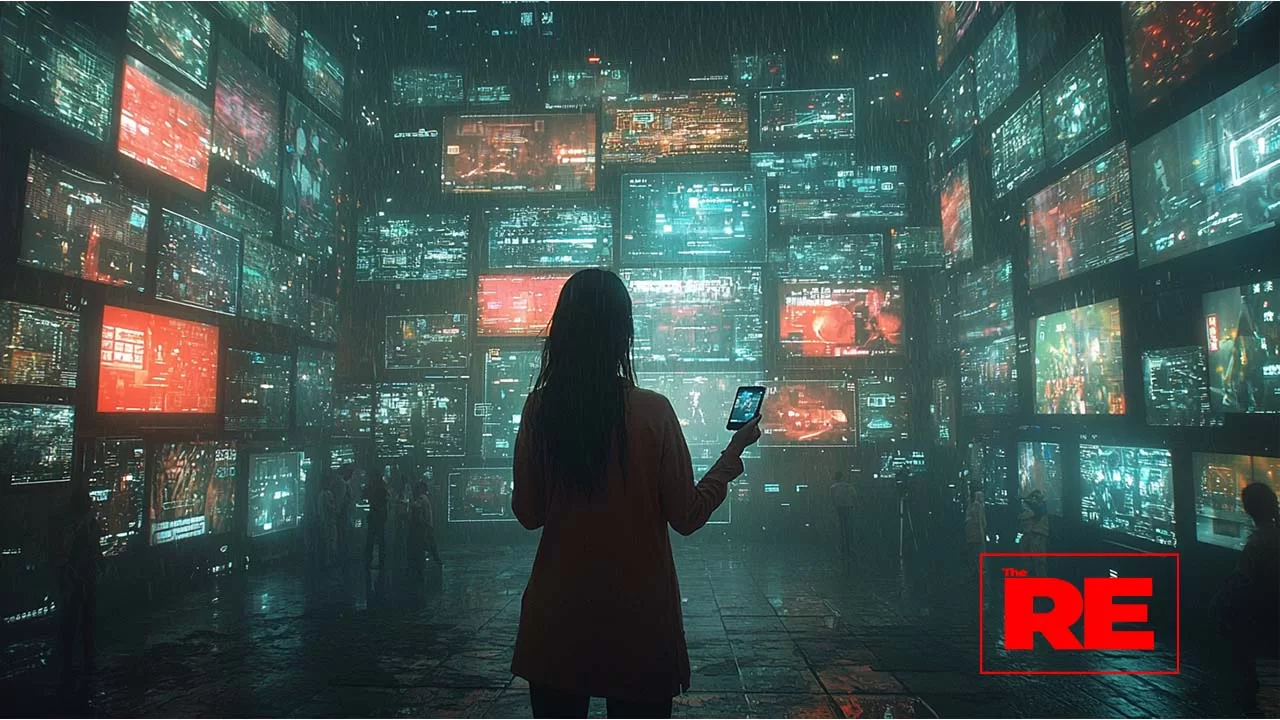

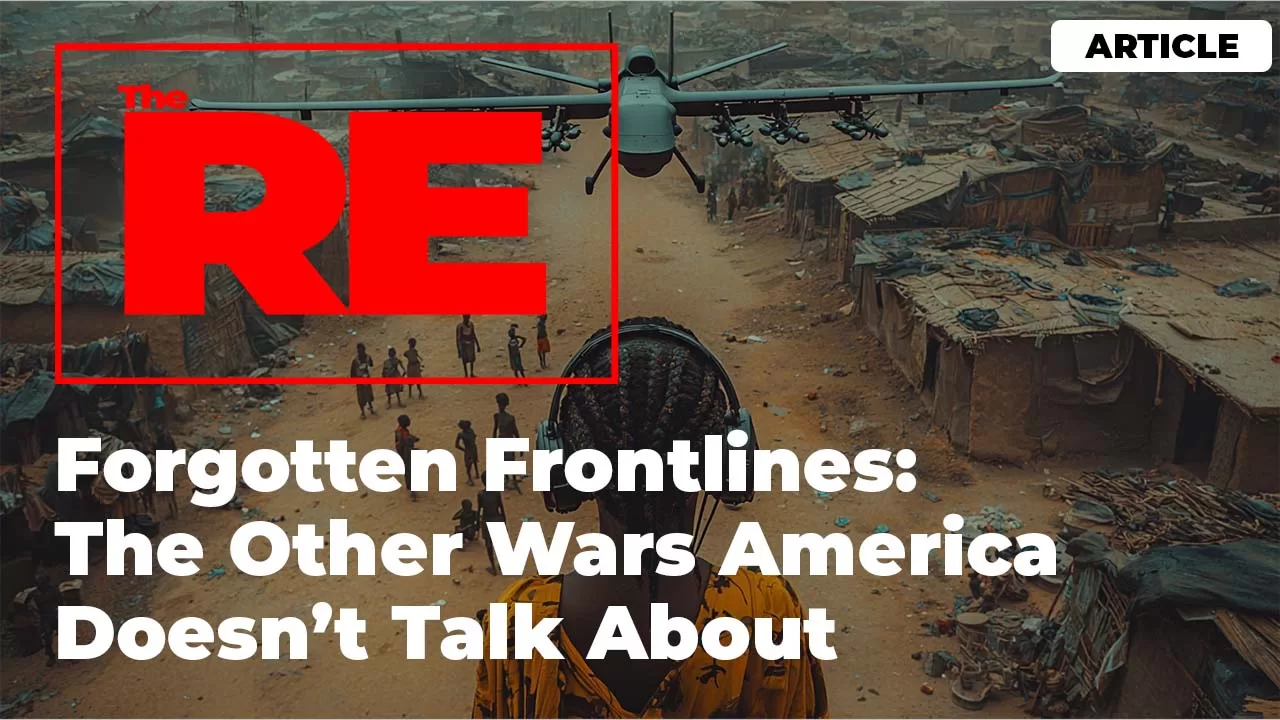
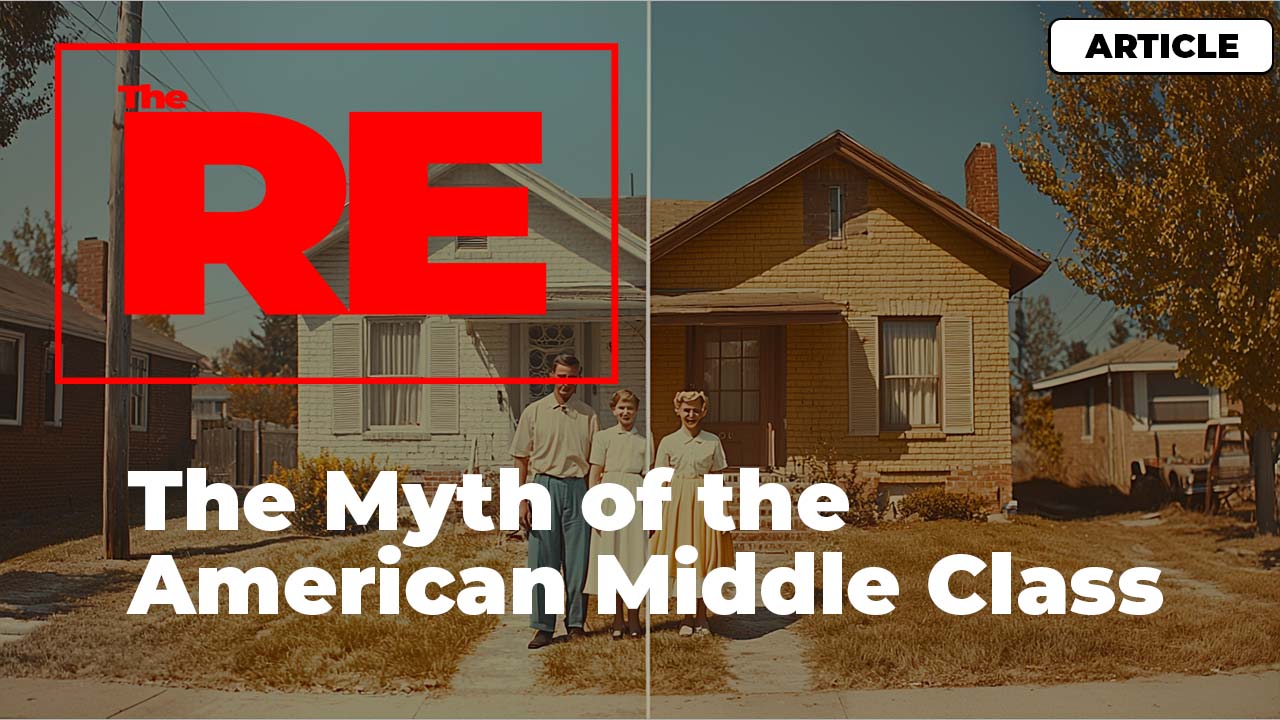
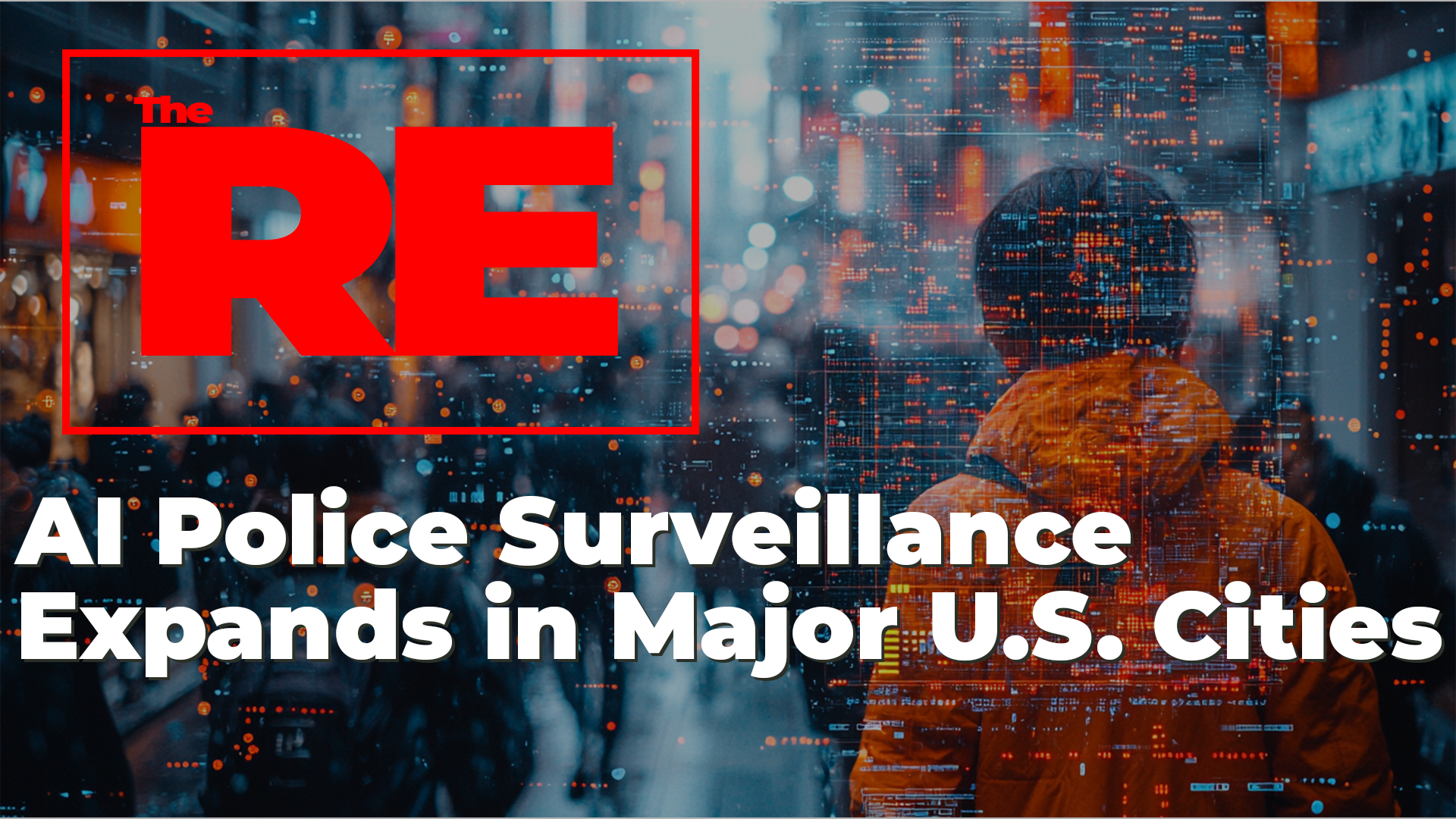

 and then
and then